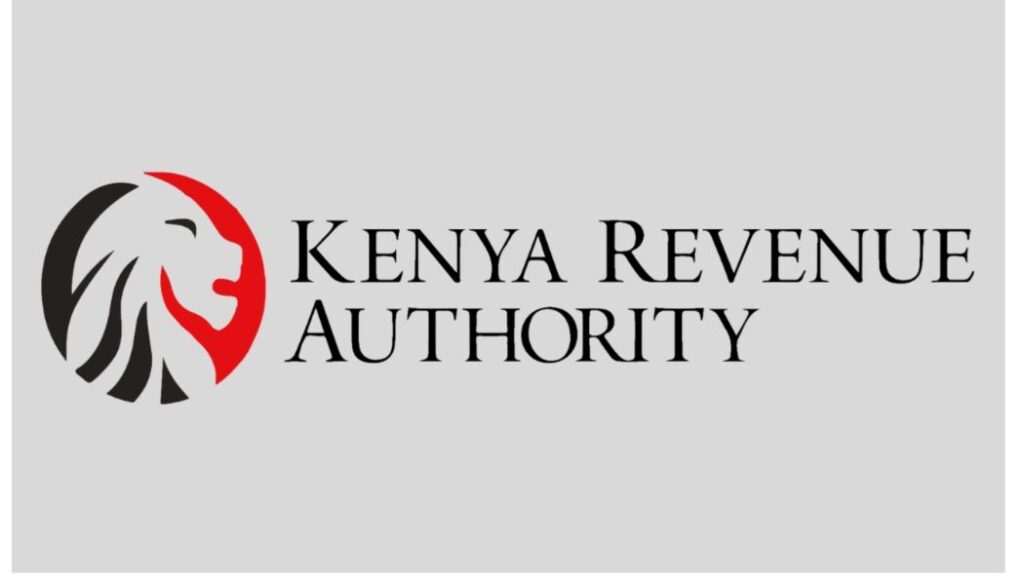KRA sends messages to Kenyans on validation of income tax returns

The Kenya Revenue Authority (KRA) has reminded taxpayers about the validation process for income and expenses declared in tax returns, which takes effect from January 2026.
The Kenya Revenue Authority (KRA) has reminded taxpayers about the validation process for income and expenses declared in tax returns, which takes effect from January 2026.
On November 7, KRA issued a notice informing taxpayers, stakeholders, and the public that, starting January 1, 2026, it will begin validating income and expenses declared in both individual and non-individual income tax returns against data from multiple sources.
The tax authority stated that the validation will cross-check the declared information against three key data sources: TIMS/eTIMS invoices, withholding income tax gross amounts, and import records from Customs systems.
According to the notice, the validation will apply to the 2025 year of income or accounting period returns submitted via the iTax platform.
KRA emphasized that all declared income and expenses must be supported by valid electronic tax invoices, correctly transmitted with the buyer’s Personal Identification Number (PIN) where applicable.
The authority has encouraged taxpayers to request TIMS/eTIMS schedules of their current annual income and expenses from their designated account managers to ensure proper documentation.
“KRA invites feedback and insights from taxpayers and stakeholders to facilitate a smooth and effective implementation of this validation process,” the notice stated.
Lawyer Nelson Havi resigns from Ruto’s UDA party
Rights groups say 3,000 killed in Tanzania, demand resignation, prosecution of President Suluhu
EACC sues Governor Wamatangi, 13 others to recover Ksh.813M in tender graft
KCSE candidate dies in Mombasa
Obado negotiation talks collapse as EACC, DPP disagree
Additionally, KRA has rolled out an Automated Payment Plan (APP) mechanism to assist taxpayers with outstanding tax liabilities. The new system, which took effect on November 7, allows taxpayers to settle their tax debts, including principal tax, penalties, and interest, through structured installments over a maximum period of six months.
In October, KRA also enhanced the Tax Compliance Certificate (TCC) application process to incorporate verification of eTIMS/TIMS compliance.
The authority announced that any person or entity seeking a TCC must now fulfill several conditions, including compliance with eTIMS/TIMS registration for those in business, filing all applicable tax returns by their due dates, and ensuring prompt payment of taxes.
“Kenya Revenue Authority (KRA) notifies the public that it has enhanced the Tax Compliance Certificate (TCC) application process to include compliance with eTIMS/TIMS for non-individual entities and individuals with income other than employment income,” the notice read.
Taxpayers were also required to clear any outstanding tax liabilities or apply for an approved payment plan to proceed with the self-service TCC application process.
I warned you about Ruto in 2022, but you didn’t listen; Uhuru Kenyatta
Mike Sonko threatens to equip ‘stalled’ Mama Lucy Hospital Maternity Wing
Uhuru warns Kioni and Jubilee members against insulting Gachagua
Ruto sends message to Kenyans who defaulted Hustler Fund Loans
Governor Kihika forced to scamper for safety as suspected goons attack
Follow us







